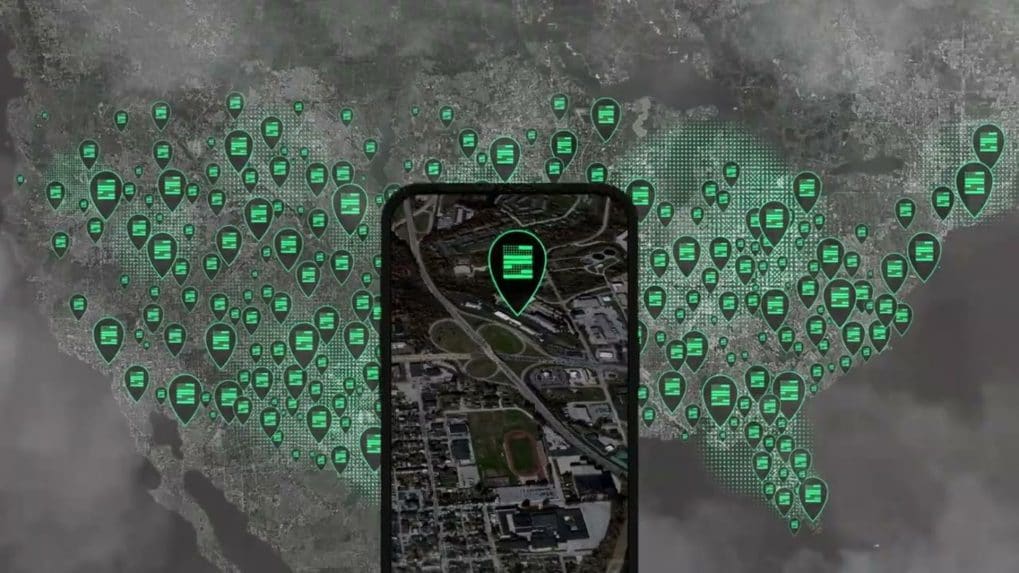Global Ads Spotlight: Here's how a digital book club took on America's censorship crisis
The Digital Public Library of America's "Banned Book Club" campaign used geolocation, sharp strategy, and a little help from Obama to flip book bans on their head - one virtual shelf at a time. Read and watch in our Global Ads Spotlight column.
ADVERTISEMENT
In a year when the American book-banning crisis reached a fever pitch, the Digital Public Library of America (DLPA) wasn't having any of it.
Instead of sitting back while 3,059 titles were yanked from shelve sin 2023 - the most in a single year - the organization did something radically modern: it turned to tech to fight back.
Also Read: Global Ads Spotlight: Sheba's 'Gravy Race' was the most unexpected ad win of the year. Here's why
Enter: the Banned Book Club.
Joining hands with FCB Chicago and launched as a sharp digital campaign with a real-world backbone, the initiative zeroed in on communities where conservative politicians had successfully pressured libraries to remove books.
These weren't just any books - they were overwhelmingly written by Black, Brown, and LGBTQIA+ authors. In response, DLPA weaponized location-based tech, data, and a bold, symbolic partnership with former President Barack Obama to put banned literature back into the hands of the people.
The premise? Simple but ingenious. DLPA built the most comprehensive, real-time database of banned books in the United States by cross-referencing data from PEN America, the American Library Association, and municipal-level sources.
They then mapped the exact geolocation coordinates of over 2,000 libraries known to have removed books from circulation. The came the twist: geo-fenced ads.
Whenever someone walked near one of these libraries - the very places where access had been denied - they were hit with targeted ads on Instagram and Facebook. The message? "You're near a library that banned books. Read them now." A click led to the DLPA's mobile app, where the banned titles were available instantly and for free.
Also Read: Global Ads Spotlight: How Specsavers used a familiar tune to highlight a common health issue
It was subversive. It was smart. It was digital activism disguised as accessibility.
And it worked.
The campaign reached over 80,000 new users in 20+ states. In an era of passive social media slacktivism, this was impact with bite.
The app allowed users to virtually "walk back in" to libraries that had censored material and reclaim their right to read. The campaign’s core message: “Every time they try to take a book off the shelf, we’ll put it right back, virtually” - wasn’t just a tagline. It was a promise.
The creative also didn’t lean on shock or outrage. Instead, it quietly reclaimed power. Using a warm, optimistic tone and grounded storytelling, the campaign painted a vision of democracy where access to knowledge couldn't be legislated away.
Awards followed, unsurprisingly.
A D&AD Wood Pencil in Impact, Gold at The One Show for Interactive, and the coveted Grand Prix in Cross-Cultural Campaigns at the Multicultural Excellence Awards, and many more.
But beyond the shiny accolades, the real win was cultural: the campaign reframed the narrative around censorship - not as a losing battle, but as a digital frontier ready to be reclaimed.
Also Read: Global Ads Spotlight: When AI met Animal Welfare in a Pedigree campaign to boost pet adoptions


